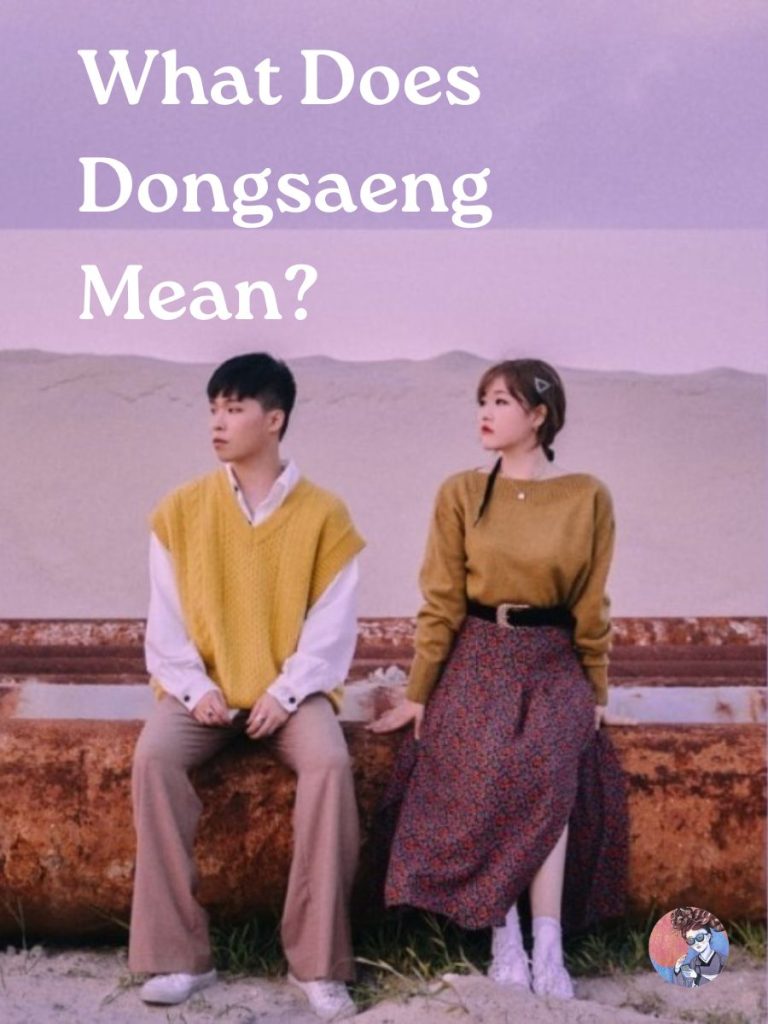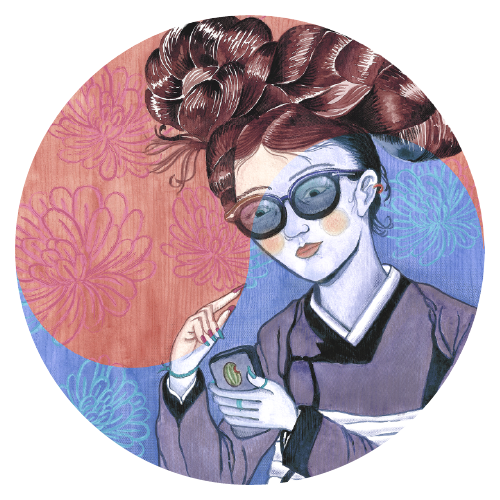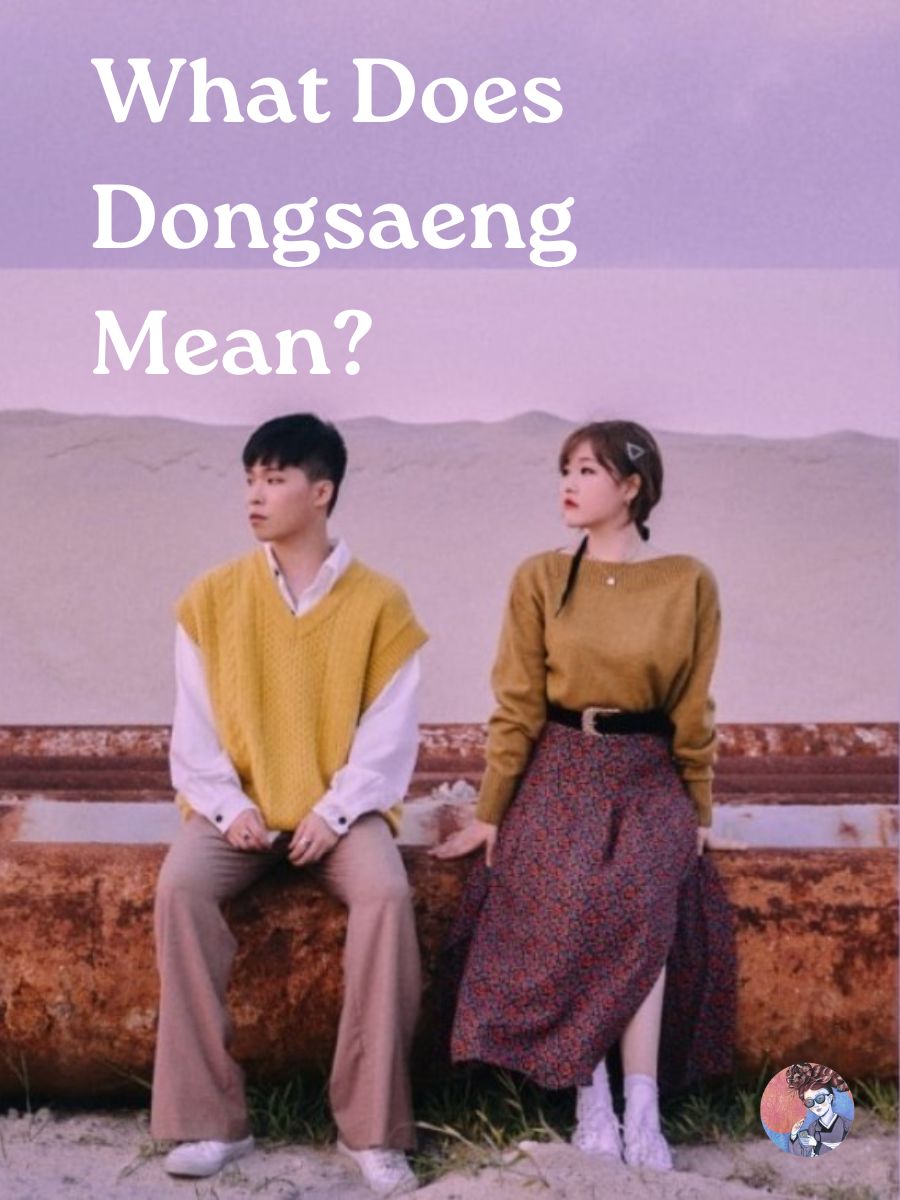
You’ve probably heard dongsaeng somewhere in K-dramas or K-pop.
Read on to learn what dongsaeng means in Korean!
Quick Summary
- Dongsaeng refers to a younger sibling or someone younger than oneself, for all genders.
- The term dongsaeng carries a warm, affectionate connotation.
- Koreans don’t directly call someone dongsaeng, but use their name.
Literal Meaning
Dongsaeng literally means younger sibling.
It can be used for both a younger brother (namdongsaeng) and a younger sister (yeodongsaeng).
But it’s not limited to blood relations.
Dongsaeng is commonly used to refer to younger close friends, showing a sense of familial bond and affection.
Cultural Context
Korean society revolves around age and hierarchy. Age is not just a number, it determines social interactions and the language used.
Dongsaeng are expected to show respect to older people, while elders take on a quasi-mentor role, providing guidance and care.
Koreans have specific ways to address an older person using family terms. For example:
- Oppa: Older brother to females
- Unnie: Older sister to females
- Hyung: Older brother to males
- Noona: Older sister to males
Emotional Significance
The term dongsaeng carries a warm, affectionate connotation.
In K-dramas and K-pop, it highlights the affectionate dynamics between characters or group members.
The term makes the older person feel responsible for the well-being and development of the younger one.
This bond often involves mentorship, support, and a protective attitude.
While Koreans use woori (our) before mom, dad, unnie, and oppa, nae (my) comes before dongsaeng. Some jokingly say it is because dongsaeng is mine, as in my subordinate gifted by woori umma (mom).
Usage in Everyday Life
Unlike the titles oppa, unnie, hyung, and noona, Koreans don’t directly call someone dongsaeng.
We use the word dongsaeng when introducing them or mentioning them to others.
Koreans simply use their name when someone’s younger than us.
Conclusion
The term dongsaeng reflects the importance of relationships and the nuanced ways of care and social hierarchy in South Korea.
Whether in familial or social contexts, it encapsulates a blend of affection, protection, and guidance.

